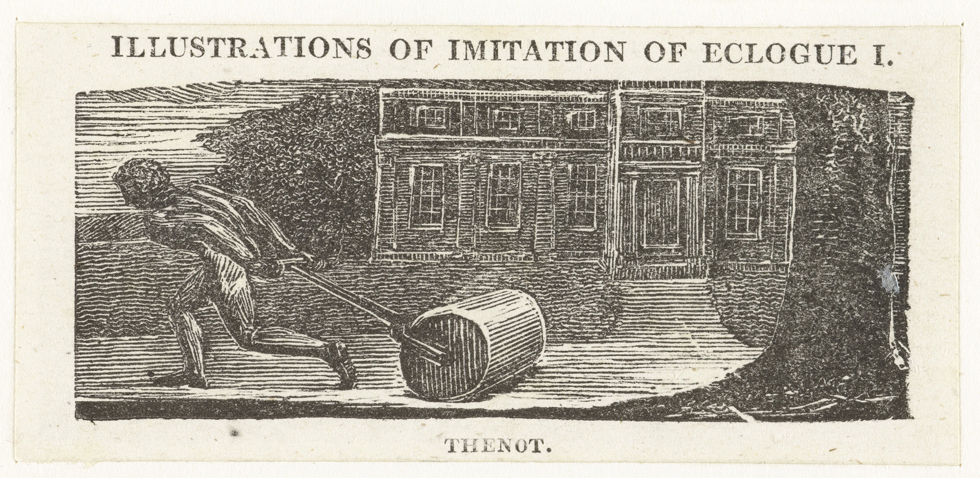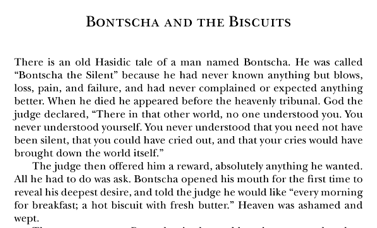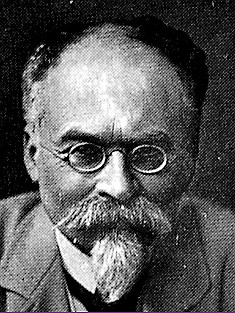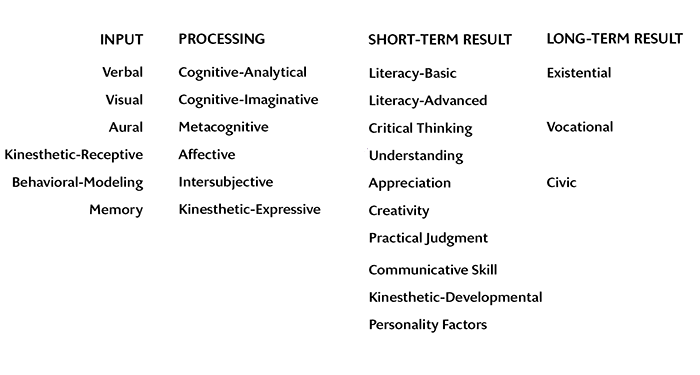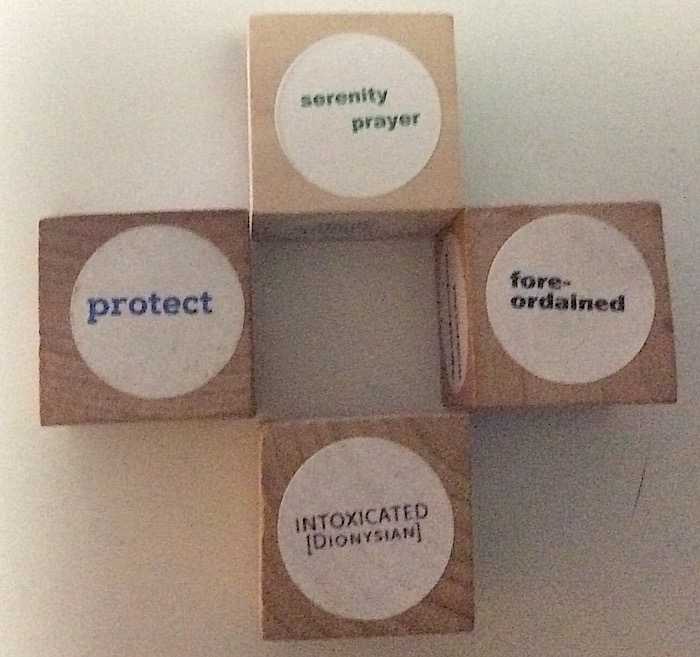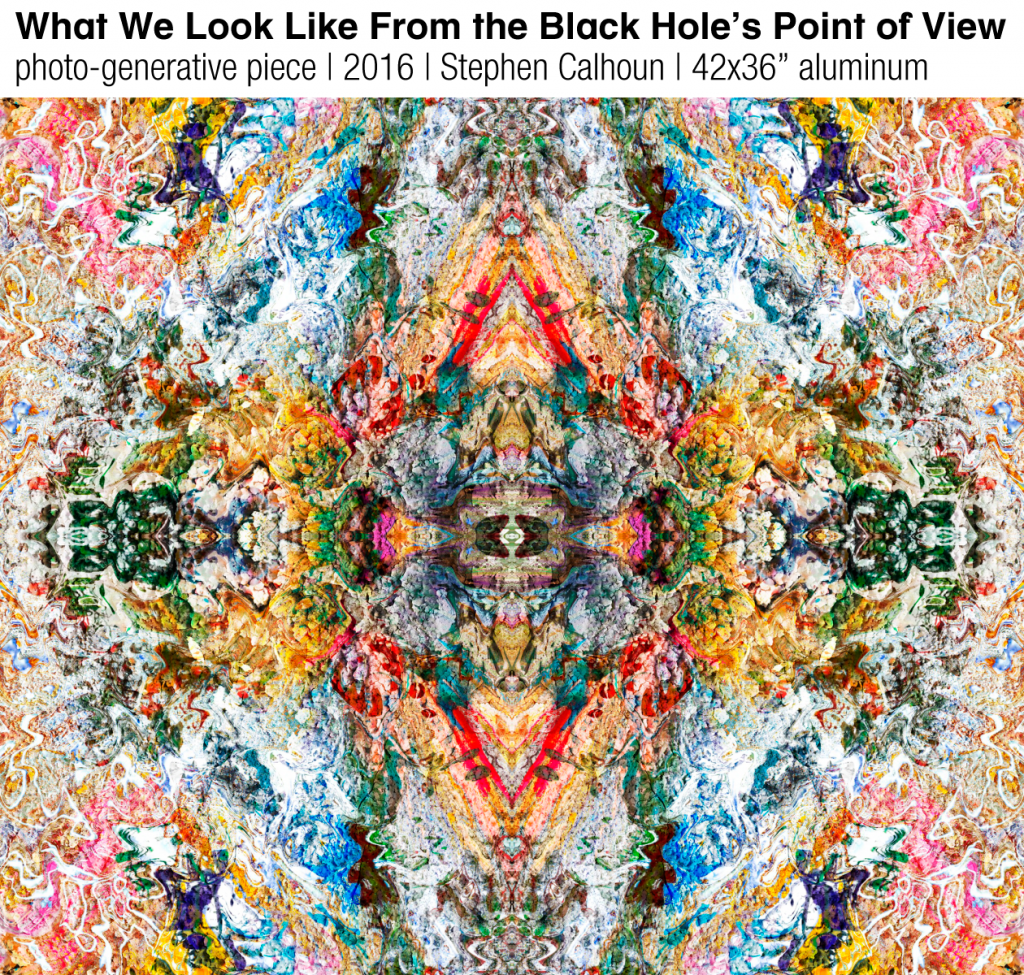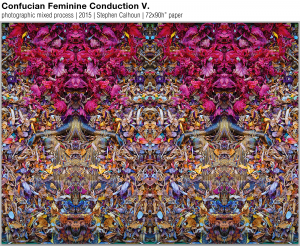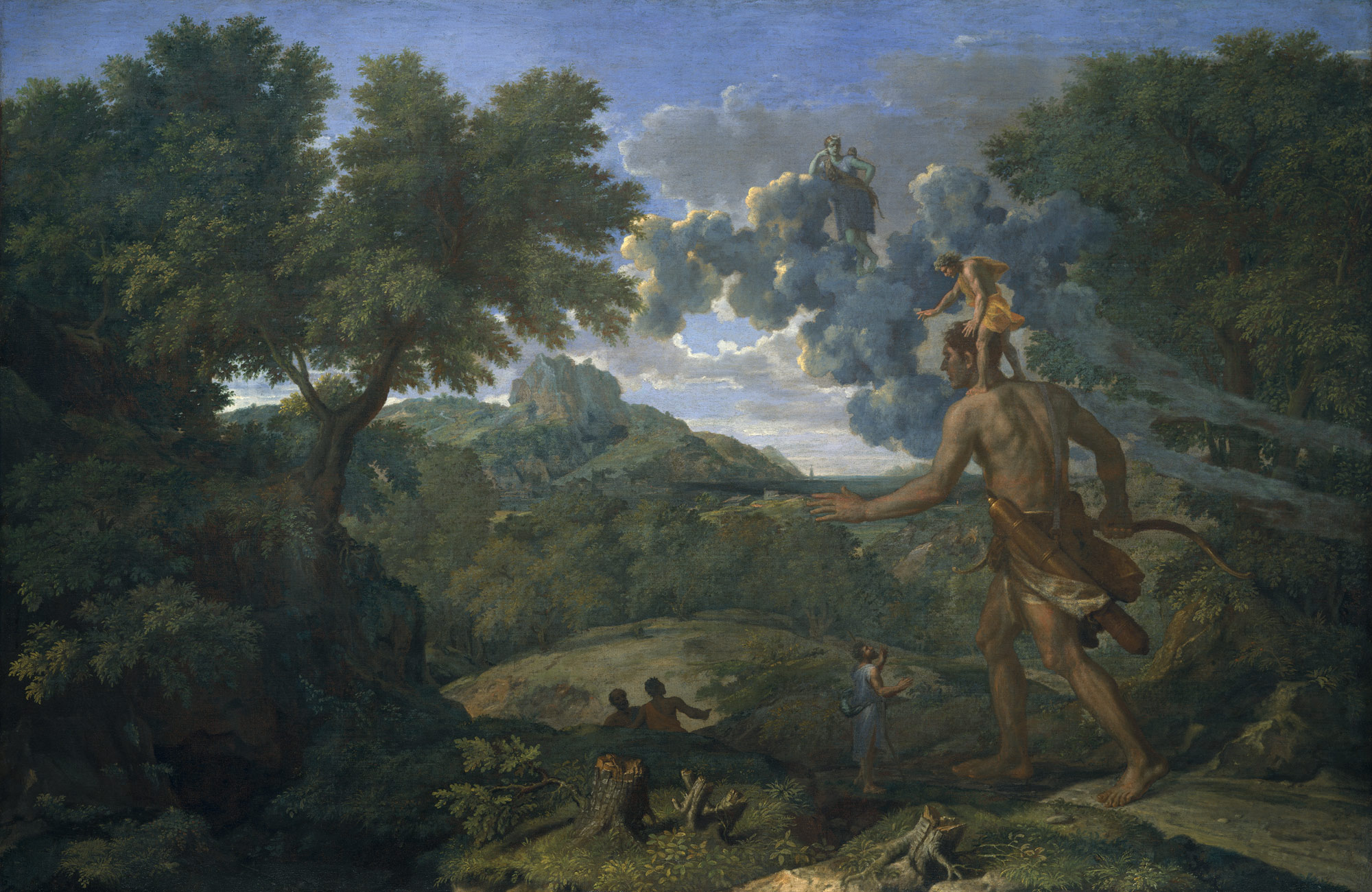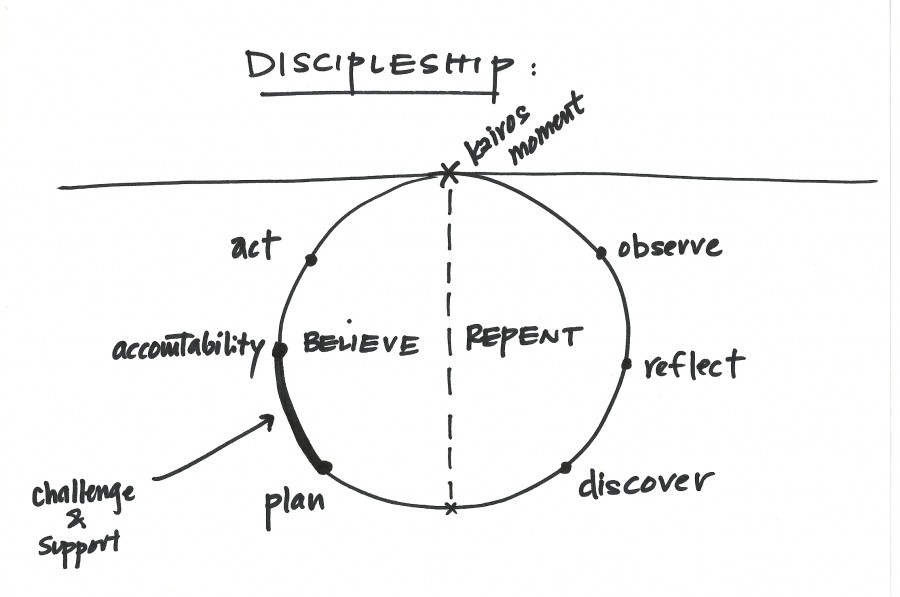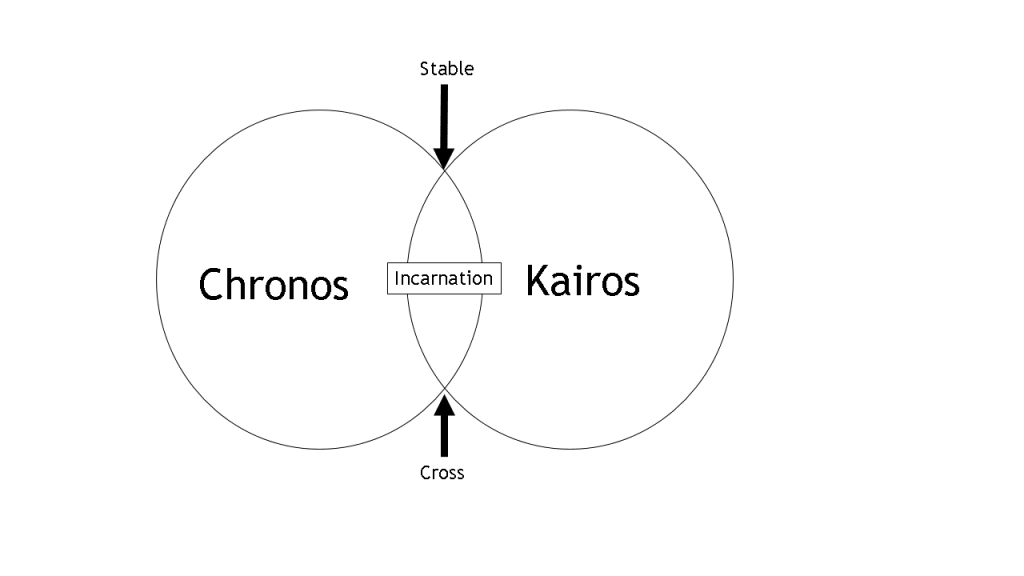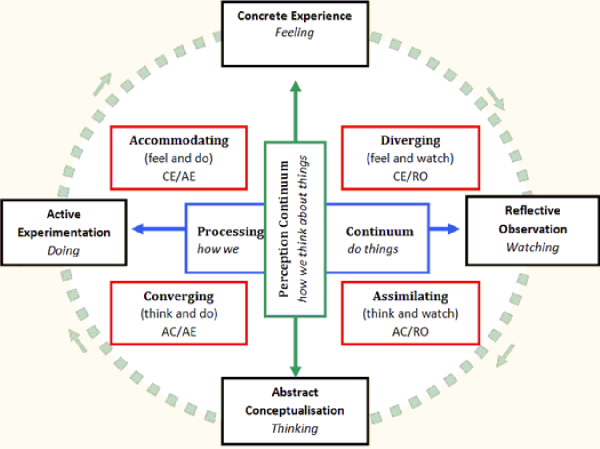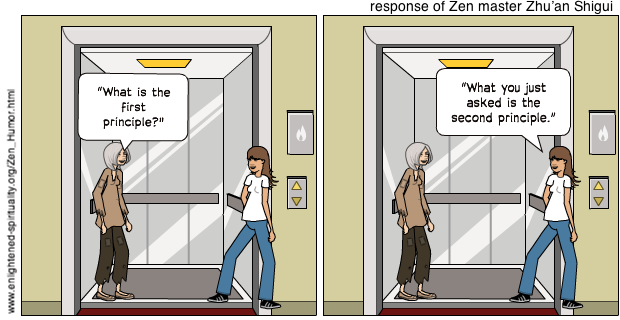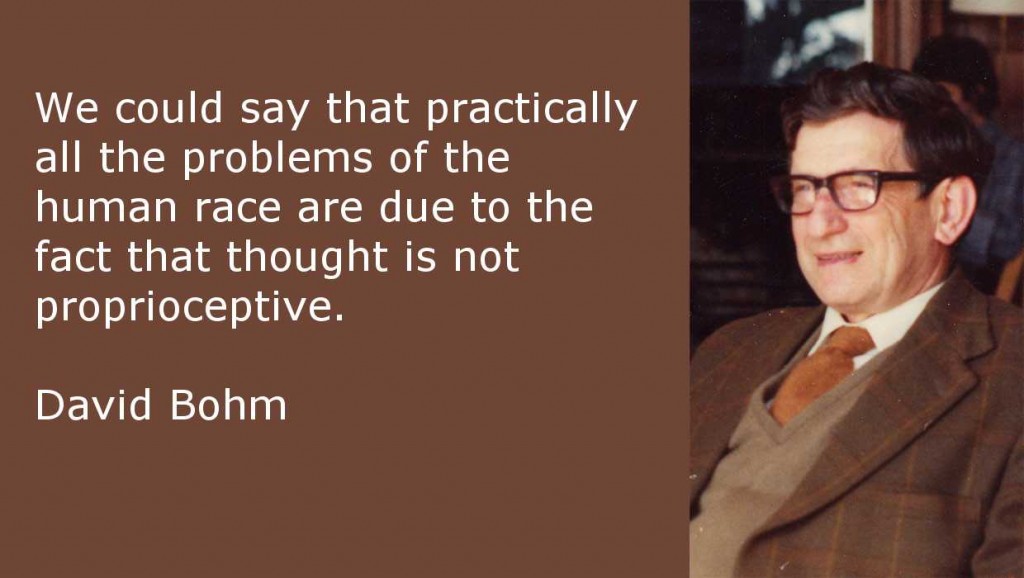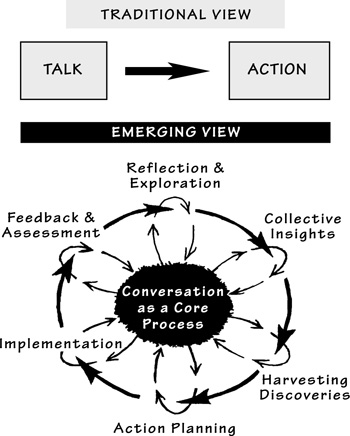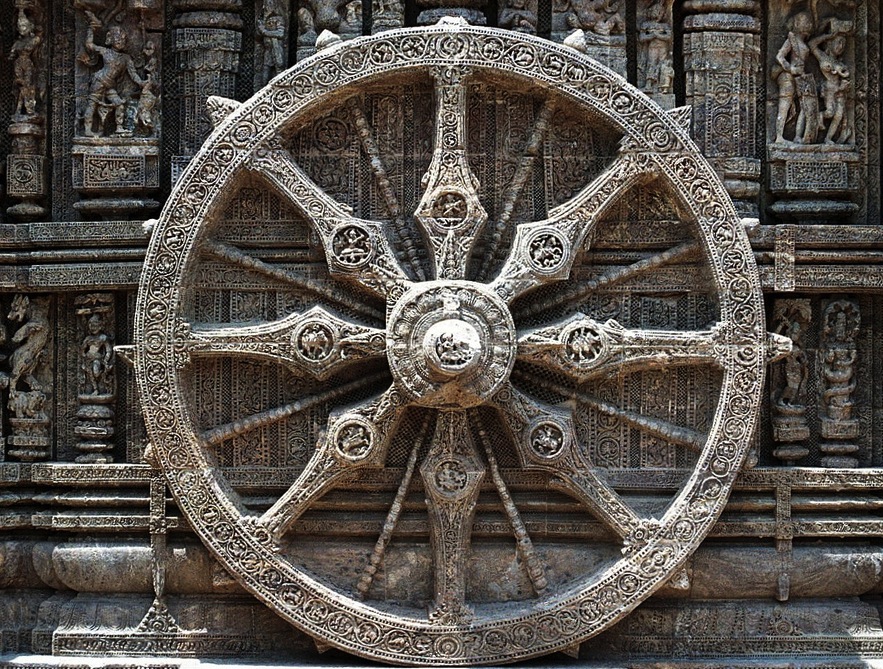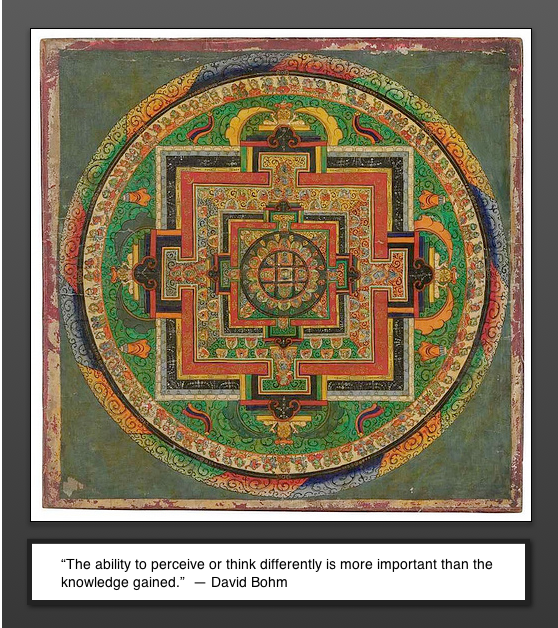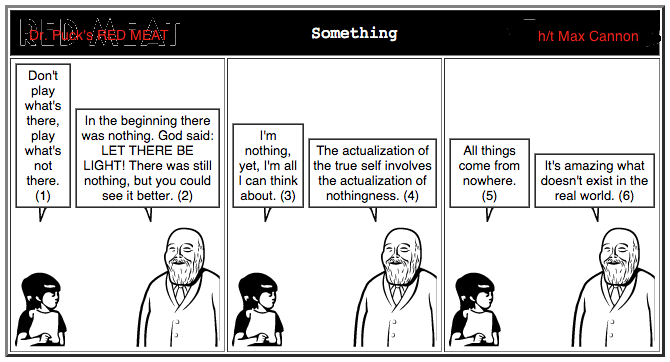|
| WHEN that rich soul which to her heaven is gone, |
|
| Whom all do celebrate, who know they’ve one |
|
| —For who is sure he hath a soul, unless |
|
| It see, and judge, and follow worthiness, |
|
| And by deeds praise it? he who doth not this, |
5 |
| May lodge an inmate soul, but ’tis not his— |
|
| When that queen ended here her progress time, |
|
| And, as to her standing house, to heaven did climb |
|
| Where, loth to make the saints attend her long, |
|
| She’s now a part both of the choir and song, |
10 |
| This world in that great earthquake languished; |
|
| For in a common bath of tears it bled, |
|
| Which drew the strongest vital spirits out. |
|
| But succour’d then with a perplexed doubt, |
|
| Whether the world did lose, or gain in this |
15 |
| —Because, since now no other way there is, |
|
| But goodness, to see her, whom all would see, |
|
| All must endeavour to be good as she— |
|
| This great consumption to a fever turn’d, |
|
| And so the world had fits; it joy’d, it mourn’d; |
20 |
| And as men think that agues physic are, |
|
| And th’ ague being spent, give over care; |
|
| So thou, sick world, mistakest thyself to be |
|
| Well, when, alas! thou’rt in a lethargy. |
|
| Her death did wound and tame thee then, and then |
25 |
| Thou might’st have better spared the sun, or man. |
|
| That wound was deep, but ’tis more misery, |
|
| That thou hast lost thy sense and memory. |
|
| ’Twas heavy then to hear thy voice of moan, |
|
| But this is worse, that thou art speechless grown. |
30 |
| Thou hast forgot thy name thou hadst; thou wast |
|
| Nothing but she, and her thou hast o’erpast. |
|
| For, as a child kept from the fount, until |
|
| A prince, expected long, come to fulfil |
|
| The ceremonies, thou unnamed hadst laid, |
35 |
| Had not her coming thee her palace made. |
|
| Her name defined thee, gave thee form and frame, |
|
| And thou forget’st to celebrate thy name. |
|
| Some months she hath been dead—but being dead, |
|
| Measures of time are all determined— |
40 |
| But long she hath been away, long, long, yet none |
|
| Offers to tell us who it is that’s gone. |
|
| But as in states doubtful of future heirs, |
|
| When sickness without remedy impairs |
|
| The present prince, they’re loth it should be said, |
45 |
| The prince doth languish, or the prince is dead. |
|
| So mankind, feeling now a general thaw, |
|
| A strong example gone, equal to law, |
|
| The cement, which did faithfully compact |
|
| And glue all virtues, now resolved and slack’d, |
50 |
| Thought it some blasphemy to say she was dead, |
|
| Or that our weakness was discovered |
|
| In that confession; therefore spoke no more, |
|
| Than tongues, the soul being gone, the loss deplore. |
|
| But though it be too late to succour thee, |
55 |
| Sick world, yea dead, yea putrefied, since she, |
|
| Thy intrinsic balm and thy preservative, |
|
| Can never be renew’d, thou never live, |
|
| I—since no man can make thee live—will try |
|
| What we may gain by thy Anatomy. |
60 |
| Her death hath taught us dearly, that thou art |
|
| Corrupt and mortal in thy purest part. |
|
| Let no man say, the world itself being dead, |
|
| ’Tis labour lost to have discovered |
|
| The world’s infirmities, since there is none |
65 |
| Alive to study this dissection; |
|
| For there’s a kind of world remaining still; |
|
| Though she, which did inanimate and fill |
|
| The world, be gone, yet in this last long night |
|
| Her ghost doth walk, that is, a glimmering light, |
70 |
| A faint weak love of virtue and of good |
|
| Reflects from her, on them which understood |
|
| Her worth; and though she have shut in all day, |
|
| The twilight of her memory doth stay; |
|
| Which, from the carcase of the old world free, |
75 |
| Creates a new world, and new creatures be |
|
| Produced; the matter and the stuff of this |
|
| Her virtue, and the form our practice is. |
|
| And, though to be thus elemented arm |
|
| These creatures from home-born intrinsic harm |
80 |
| —For all assumed unto this dignity |
|
| So many weedless paradises be, |
|
| Which of themselves produce no venomous sin, |
|
| Except some foreign serpent bring it in— |
|
| Yet because outward storms the strongest break, |
85 |
| And strength itself by confidence grows weak, |
|
| This new world may be safer, being told |
|
| The dangers and diseases of the old. |
|
| For with due temper men do then forego, |
|
| Or covet things, when they their true worth know. |
90 |
| There is no health; physicians say that we, |
|
| At best, enjoy but a neutrality. |
|
| And can there be worse sickness than to know |
|
| That we are never well, nor can be so? |
|
| We are born ruinous; poor mothers cry |
95 |
| That children come not right, nor orderly, |
|
| Except they headlong come and fall upon |
|
| An ominous precipitation. |
|
| How witty’s ruin, how importunate |
|
| Upon mankind! it labour’d to frustrate |
100 |
| Even God’s purpose, and made woman, sent |
|
| For man’s relief, cause of his languishment. |
|
| They were to good ends, and they are so still, |
|
| But accessory, and principal in ill; |
|
| For that first marriage was our funeral; |
105 |
| One woman, at one blow, then kill’d us all; |
|
| And singly, one by one, they kill us now. |
|
| We do delightfully ourselves allow |
|
| To that consumption; and, profusely blind, |
|
| We kill ourselves to propagate our kind. |
110 |
| And yet we do not that; we are not men; |
|
| There is not now that mankind which was then, |
|
| When as the sun and man did seem to strive |
|
| —Joint-tenants of the world—who should survive; |
|
| When stag, and raven, and the long-lived tree, |
115 |
| Compared with man, died in minority; |
|
| When if a slow-paced star had stolen away |
|
| From the observer’s marking, he might stay |
|
| Two or three hundred years to see it again, |
|
| And then make up his observation plain; |
120 |
| When, as the age was long, the size was great; |
|
| Man’s growth confess’d, and recompensed the meat; |
|
| So spacious and large, that every soul |
|
| Did a fair kingdom and large realm control; |
|
| And when the very stature, thus erect, |
125 |
| Did that soul a good way towards heaven direct. |
|
| Where is this mankind now? who lives to age |
|
| Fit to be made Methusalem his page? |
|
| Alas! we scarce live long enough to try |
|
| Whether a true-made clock run right, or lie. |
130 |
| Old grandsires talk of yesterday with sorrow; |
|
| And for our children we reserve to-morrow. |
|
| So short is life, that every peasant strives, |
|
| In a torn house, or field, to have three lives; |
|
| And as in lasting, so in length is man, |
135 |
| Contracted to an inch, who was a span. |
|
| For had a man at first in forests stray’d, |
|
| Or shipwreck’d in the sea, one would have laid |
|
| A wager, that an elephant or whale, |
|
| That met him, would not hastily assail |
140 |
| A thing so equal to him; now, alas! |
|
| The fairies and the pigmies well may pass |
|
| As credible; mankind decays so soon, |
|
| We’re scarce our fathers’ shadows cast at noon. |
|
| Only death adds to our length; nor are we grown |
145 |
| In stature to be men, till we are none. |
|
| But this were light, did our less volume hold |
|
| All the old text; or had we changed to gold |
|
| Their silver, or disposed into less glass |
|
| Spirits of virtue, which then scatter’d was. |
150 |
| But ’tis not so; we’re not retired, but damp’d; |
|
| And, as our bodies, so our minds are cramp’d. |
|
| ’Tis shrinking, not close weaving that hath thus |
|
| In mind and body both bedwarfed us. |
|
| We seem ambitious God’s whole work to undo; |
155 |
| Of nothing He made us, and we strive too |
|
| To bring ourselves to nothing back; and we |
|
| Do what we can to do ’t so soon as He. |
|
| With new diseases on ourselves we war, |
|
| And with new physic, a worse engine far. |
160 |
| This man, this world’s vice-emperor, in whom |
|
| All faculties, all graces are at home |
|
| —And if in other creatures they appear, |
|
| They’re but man’s ministers and legates there, |
|
| To work on their rebellions, and reduce |
165 |
| Them to civility, and to man’s use— |
|
| This man, whom God did woo, and, loth to attend |
|
| Till man came up, did down to man descend; |
|
| This man so great, that all that is, is his, |
|
| O, what a trifle, and poor thing he is! |
170 |
| If man were anything, he’s nothing now. |
|
| Help, or at least some time to waste, allow |
|
| To his other wants, yet when he did depart |
|
| With her whom we lament, he lost his heart. |
|
| She, of whom th’ ancients seemed to prophesy, |
175 |
| When they called virtues by the name of she; |
|
| She, in whom virtue was so much refined, |
|
| That for allay unto so pure a mind |
|
| She took the weaker sex; she that could drive |
|
| The poisonous tincture, and the stain of Eve, |
180 |
| Out of her thoughts and deeds, and purify |
|
| All by a true religious alchemy; |
|
| She, she is dead; she’s dead; when thou know’st this |
|
| Thou know’st how poor a trifling thing man is, |
|
| And learn’st thus much by our Anatomy, |
185 |
| The heart being perish’d, no part can be free, |
|
| And that except thou feed, not banquet, on |
|
| The supernatural food, religion, |
|
| Thy better growth grows withered and scant; |
|
| Be more than man, or thou’rt less than an ant. |
190 |
| Then as mankind, so is the world’s whole frame, |
|
| Quite out of joint, almost created lame; |
|
| For before God had made up all the rest, |
|
| Corruption enter’d and depraved the best. |
|
| It seized the angels, and then first of all |
195 |
| The world did in her cradle take a fall, |
|
| And turn’d her brains, and took a general maim, |
|
| Wronging each joint of th’ universal frame. |
|
| The noblest part, man, felt it first; and then |
|
| Both beasts and plants, cursed in the curse of man. |
200 |
| So did the world from the first hour decay; |
|
| That evening was beginning of the day. |
|
| And now the springs and summers which we see, |
|
| Like sons of women after fifty be. |
|
| And new philosophy calls all in doubt; |
205 |
| The element of fire is quite put out; |
|
| The sun is lost, and th’ earth, and no man’s wit |
|
| Can well direct him where to look for it. |
|
| And freely men confess that this world’s spent, |
|
| When in the planets, and the firmament |
210 |
| They seek so many new; they see that this |
|
| Is crumbled out again to his atomies. |
|
| ’Tis all in pieces, all coherence gone, |
|
| All just supply, and all relation. |
|
| Prince, subject, father, son, are things forgot, |
215 |
| For every man alone thinks he hath got |
|
| To be a phœnix, and that then can be |
|
| None of that kind of which he is, but he. |
|
| This is the world’s condition now, and now |
|
| She that should all parts to reunion bow; |
220 |
| She that had all magnetic force alone, |
|
| To draw and fasten sunder’d parts in one; |
|
| She whom wise nature had invented then, |
|
| When she observed that every sort of men |
|
| Did in their voyage in this world’s sea stray, |
225 |
| And needed a new compass for their way; |
|
| She that was best, and first original |
|
| Of all fair copies, and the general |
|
| Steward to fate; she whose rich eyes and breast |
|
| Gilt the West Indies, and perfumed the East; |
230 |
| Whose having breathed in this world did bestow |
|
| Spice on those isles, and bade them still smell so; |
|
| And that rich Indy, which doth gold inter, |
|
| Is but as single money coin’d from her; |
|
| She to whom this world must itself refer, |
235 |
| As suburbs, or the microcosm of her; |
|
| She, she is dead; she’s dead; when thou know’st this, |
|

